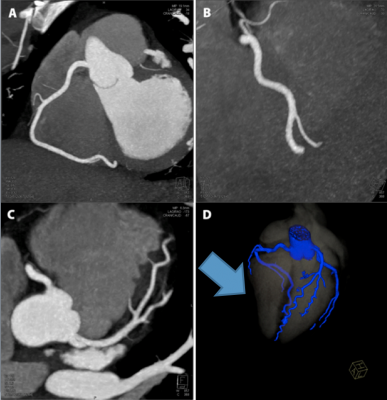What is CT Coronary Angiography?
What is CT Coronary Angiography?
A computerized tomography (CT) coronary angiogram is an imaging test that looks at the arteries that supply blood to your diflucan heart. It might be done to diagnose the cause of chest pain or other symptoms.
A CT coronary angiogram uses a powerful X-ray machine to produce images of your heart and its blood vessels. The procedure is noninvasive and doesn’t require recovery time. CT coronary angiograms are used to diagnose a variety of heart conditions.
A coronary CT angiogram is different from a standard coronary angiogram. In the traditional procedure (non-CT angiogram), a flexible tube (catheter) is threaded through your groin or arm to your heart or coronary arteries. If you have known coronary artery disease, your doctor
might recommend the traditional approach because you can also receive treatment during the procedure.
Why it’s done
A coronary CT angiogram is mainly used to check for narrowed or blocked arteries in your heart (coronary artery disease). However, your doctor can use it to check your heart for various conditions.
Risks
You’ll be exposed to some radiation during the test. The amount varies depending on the type of machine used. The risk of developing cancer from a CT angiogram isn’t known, but it’s small. However, you shouldn’t have a CT angiogram if you’re pregnant because of possible harm to your unborn child.
It’s possible that you could have an allergic reaction to the dye used in the procedure. Talk to your doctor if you’re concerned about having an allergic reaction.
How you prepare
Your doctor should give you instructions about how to prepare for your CT angiogram. You can drive yourself to the appointment, and you’ll be able to drive after your test.
Food and medications
Usually, you’ll be asked not to eat anything for about four hours before your test. You can drink water. Avoid caffeinated drinks 12 hours before your test because they can increase your heart rate, which can make it difficult to get clear pictures of your heart.
Tell your doctor about the medications that you take. You may be asked to avoid or temporarily stop a medication prior to the test. If you have an allergy to contrast dye, your doctor might ask you to take steroid medication 12 hours before the procedure to reduce your risk of a reaction.


